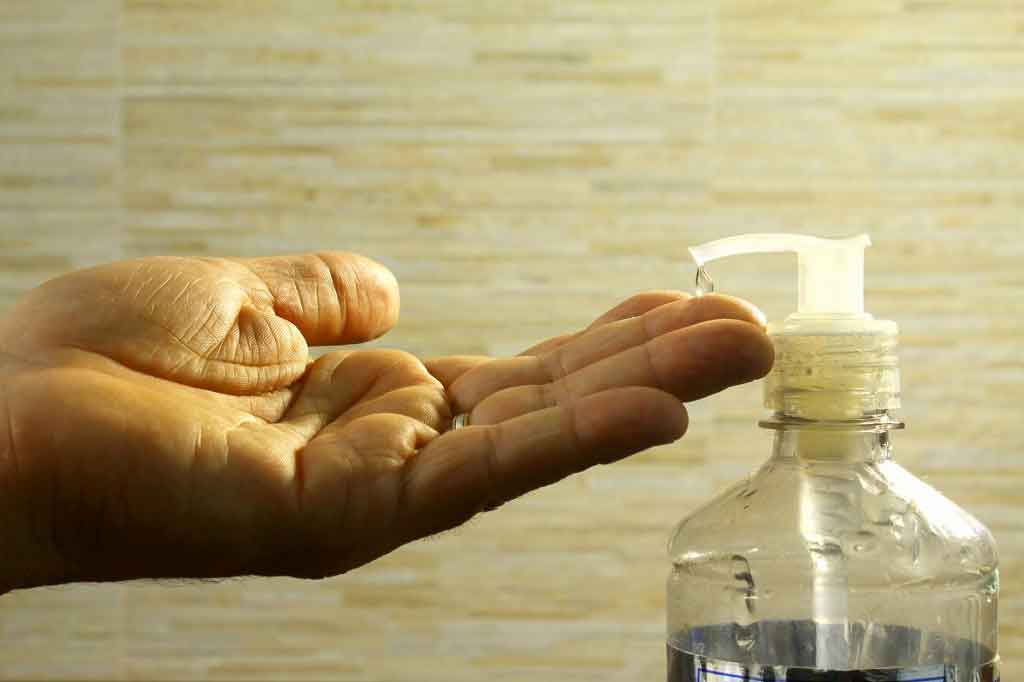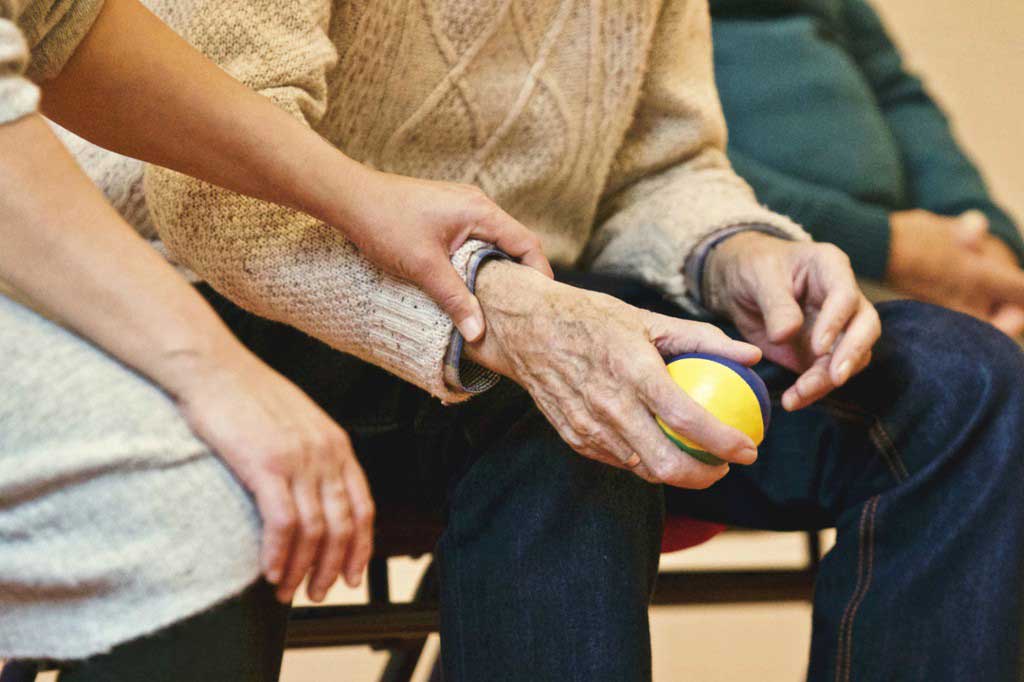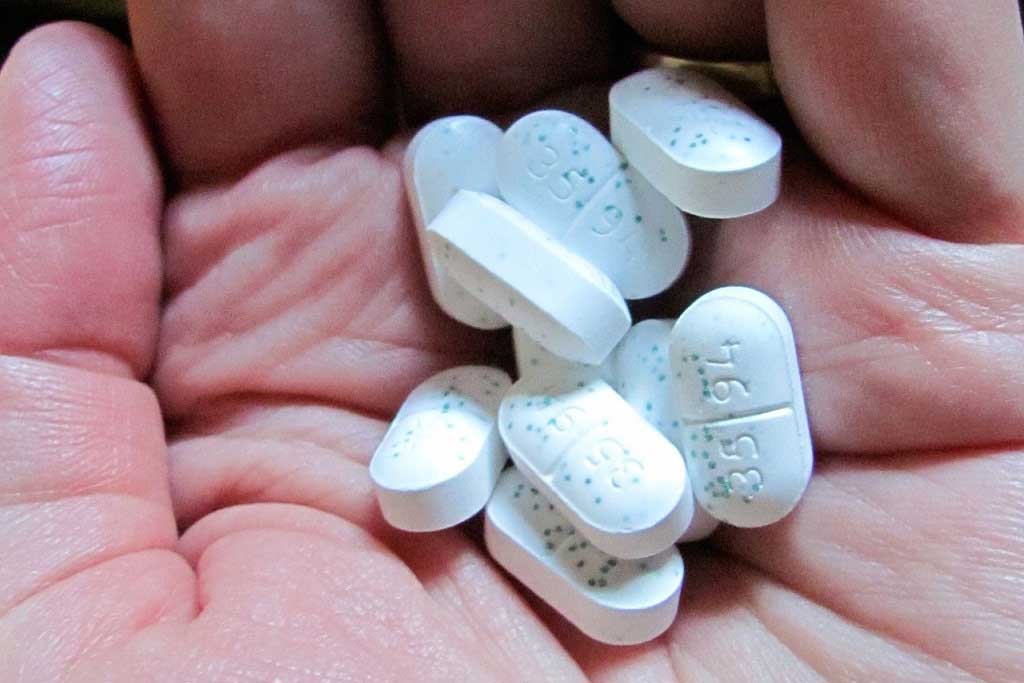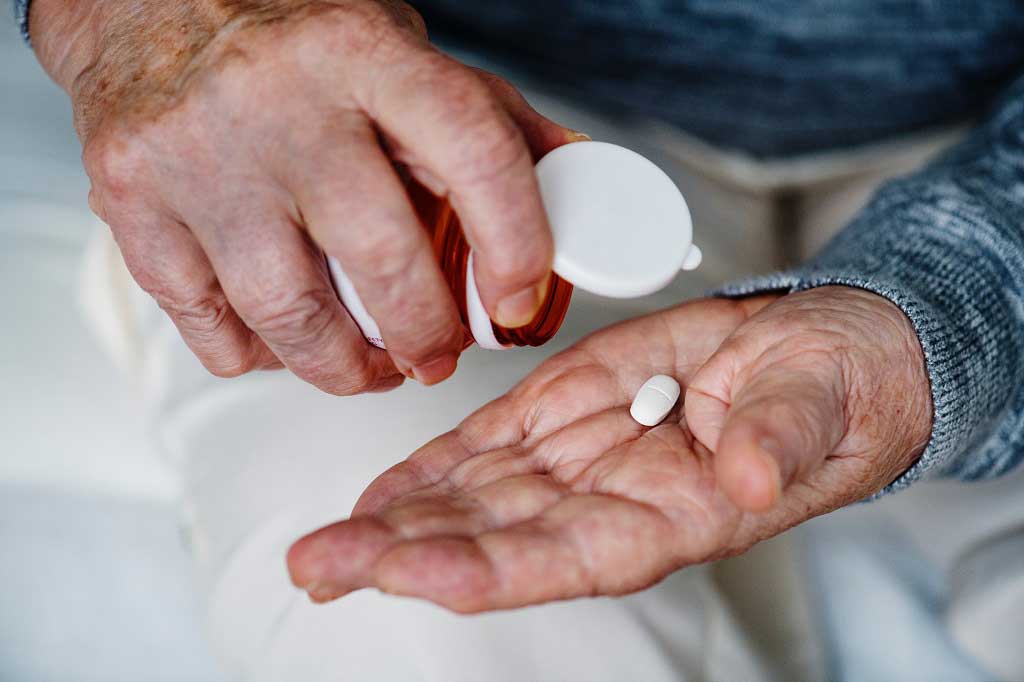Audit of NHS care for the dying published
Older people
“Thousands of patients are “dying badly” in NHS hospitals every year,” The Independent reports. An audit, carried out by the Royal College of Physicians, found some NHS trusts are failing to adhere to agreed guidelines on palliative care…
“Thousands of patients are “dying badly” in NHS hospitals every year,” The Independent reports. An audit, carried out by the Royal College of Physicians, found some NHS trusts are failing to adhere to agreed guidelines on palliative care.
Other problems, identified by the audit, and picked up by the media include “Sick and elderly patients are not being told they are dying in more than half of cases,” as The Daily Telegraph reports, and how “Only a fifth of hospitals have specialist palliative care workers on duty on Saturdays and Sundays” the Daily Mail reports.
The audit, despite the tone of much of the reporting, did find that some NHS Trust and staff were performing well. For example, 97% of bereaved relatives or friends questioned during the audit reported that they had trust and confidence in some or all of the nurses treating their loved ones.
Background
The Telegraph explains that care of the dying in hospitals has been of national concern since campaigners warned that patients were being placed on the controversial Liverpool Care Pathway (LCP).
The Liverpool Care Pathway is intended to allow people with a terminal illness to die with dignity. But there have been a number of high-profile allegations that people have been placed on the Pathway without consent or their friend’s or family’s knowledge.
There have also been allegations that some patients were denied food, water and pain relief as a method of 'hasten[ing] death'.
Around half of all deaths in England happen in hospital. So it is a hospital’s duty to provide appropriate and compassionate care for patients in their final days of life. Equally important is to provide appropriate support to their families, carers and those close to them.
The aim of the new report was to gather information that might help to improve the care of terminally ill patients and those close to them in the hospital setting.
Who produced the report?
The report (PDF, 1.5Mb), an audit of care standards, was prepared by the Royal College of Physicians (RCP) and the Marie Curie Palliative Care Institute Liverpool (MCPCIL).
The RCP promotes high quality patient care by setting standards of medical practice and promoting clinical excellence, whereas Marie Curie is a charity providing free care to people with terminal illnesses in their own homes or in hospices. Around 70% of the charity’s income comes from donations and the remaining 30% from the NHS.
What did the audit look at?
The audit only looked at end of life care given in hospitals, which account for around a half of all deaths. It did not look at end of life care in the community, in the home, residential care homes or other settings, such as hospices.
The audits assessed three main elements:
- The quality of care received directly by 6,580 people who died in 149 hospitals in England between May 1 and May 31 2013. This was done by reviewing the case notes of a sample of patients and is not the total number of people who died in hospital during this time. The audit only covered expected deaths.
- Results from questionnaires completed by 858 bereaved relatives or friends, asking about the treatment of their relative, their involvement in decision making, and the support available to them. The questionnaire was distributed by some hospitals involved in the audit, and the results were aggregated nationally.
- The organisation of care including availability of palliative care services, numbers of staff, training, and responsibilities for care.
What were the key findings?
Findings on the quality of care
- For most patients (87%), healthcare professionals had recognised that they were in the last days of life, but had only documented telling less than half (46%) of patients capable of discussing this. This was one of the findings picked up in the media.
- Communication with family and friends about the imminent death of their relative/friend occurred in 93% of the cases, on average 31 hours before their relative or friend died.
- Most patients (63-81%) had medication prescribed ‘as required’ for the five key symptoms often experienced near the end of life – pain, agitation, noisy breathing, difficulty in breathing (shortness of breath or dyspnoea), and nausea and vomiting.
- Not all patients need the medication, and in the last 24 hours of life 44% received pain relief and 17% medication for shortness of breath.
- An assessment of the need for artificial hydration was recorded in 59% of patients, but a discussion with the patient was only recorded for 17% of patients capable of having the conversation. There was documentation that the situation was discussed with more than twice as many relatives and friends – 36%.
- Artificial hydration was in place for 29% of patients at the time of death.
- An assessment of the need for artificial nutrition was documented for 45% of patients, but a discussion with the patient was only recorded for 17% of patients capable of having the conversation. There was documentation that the situation was discussed with 29% of relatives and friends.
- Artificial nutrition was in place for 7% of patients at the time of death.
- It was only documented for 21% of patients capable of having the conversation that they were asked about their spiritual needs, and only 25% of relatives/carers asked about their own needs.
- Most patients – 87%, had documented assessments five or more times in the final 24 hours of life, in line with national guidance.
Findings from the bereaved relatives survey
- 76% of those completing the questionnaire reported being very or fairly involved in decisions about care and treatment of their family member, and 24% did not feel they were involved in decisions at all.
- Only 39% of bereaved relatives reported being involved in discussions about whether or not there was a need for artificial hydration in the last two days of the patient’s life. For those for whom the question was applicable, 55% would have found such a discussion helpful.
- 63% reported that the overall level of emotional support given to them by the healthcare team was good or excellent, 37% thought it fair or poor.
- Overall, 76% felt adequately supported during the patient’s last two days of life; 24% did not.
- Based on their experience, 68% were either likely or extremely likely to recommend their Trust to family and friends, while 8% were extremely unlikely to do so.
Another concern, raised by both the media and highlighted in the audit, was that only 21% of sites has access to face-to-face palliative care services, seven days a week, despite a longstanding national recommendation that this be provided. Most (73%) provided face-to-face services on weekdays only.
What are the recommendations?
Based on the evidence from the audit, the report made specific recommendations aiming to improve the quality of care delivered in hospitals for dying people in England. They included:
- Hospitals should provide a face-to-face specialist palliative care service from at least 9am to 5pm, seven days a week, to support the care of dying patients and their families, carers or advocates.
- Education and training in care of the dying should be mandatory for all staff caring for dying patients. This should include communication skills training and skills for supporting families and those close to dying patients.
- All hospitals should undertake local audits of care of the dying, including the assessment of the views of bereaved relatives, at least annually.
- All Trusts should have a designated Board member and a lay member with specific responsibility for care of the dying. Trust Boards should formally receive and discuss the report of local audits at least annually.
- The decision that the patient is in the last hours or days of life should be made by the multidisciplinary team and documented by the senior doctor responsible for the patient’s care. This should be discussed with the patient where possible and appropriate, and with family, carers or other advocate.
- Pain control and other symptoms in dying patients should be assessed at least four hourly and medication given promptly if necessary. Interventions should be discussed with the patient where possible and appropriate, and with family, carers or other advocate.
- Decisions about the use of clinically assisted (artificial) nutrition and hydration are complex and should be taken by a senior experienced clinician supported by a multidisciplinary team. They should be discussed with the patient where possible and appropriate, and with family, carers or other advocate.
- Hospitals should have an adequately staffed and accessible pastoral care team to ensure the spiritual needs of dying patients and those close to them are met.
What next?
The foreword to the new audit indicated there were “few surprises” and that while the “challenges are broad […] the recommendations are clear”. Furthermore, it indicated many of the issues it identified, and the solutions, had been identified in previous reports. Therefore, it seems we know what needs to improve and how; some argue we already knew this; the challenge now appears to be ensuring these recommendations are delivered and that we are not in the same situation in five years' time.
Unsurprisingly Marie Curie, the major funder of the report and main charity provider of end of life care, is calling on the NHS for continued support of its work in this area and to deliver these recommendations.






 Subscribe
Subscribe Ask the doctor
Ask the doctor Rate this article
Rate this article Find products
Find products








